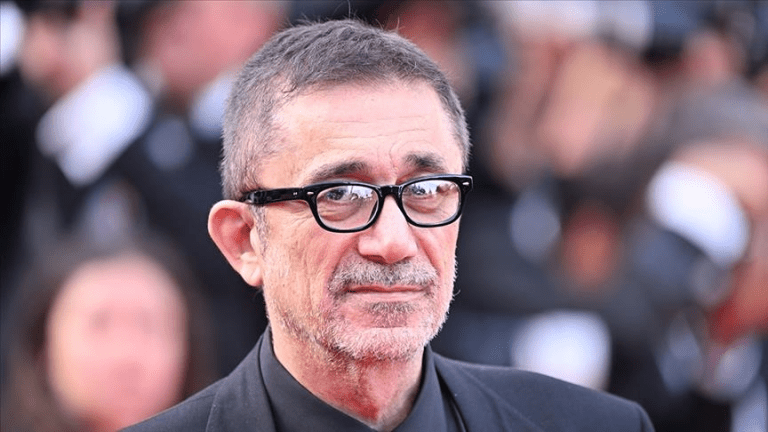The Cairo International Film Festival has recently announced its jury president: Turkish filmmaker Nuri Bilge Ceylan. For anyone who follows world cinema, his name carries weight — Cannes regular, Palme d’Or winner, and a director whose films linger long after the credits roll. But titles alone don’t tell the story. So, who is Ceylan, and what defines his work?
Early Life and First Steps into Cinema
Ceylan didn’t rush into cinema. Born in Istanbul in 1959, he grew up in the Turkish countryside — a landscape that would later shape his cinematic eye.
He studied engineering, toyed with photography, traveled a bit, and only after military service decided to dedicate himself fully to filmmaking.
With an old Arriflex camera and expired reels of film, he made Koza (Cocoon), the first Turkish short ever screened in competition at Cannes. From that unlikely beginning, his career took shape.
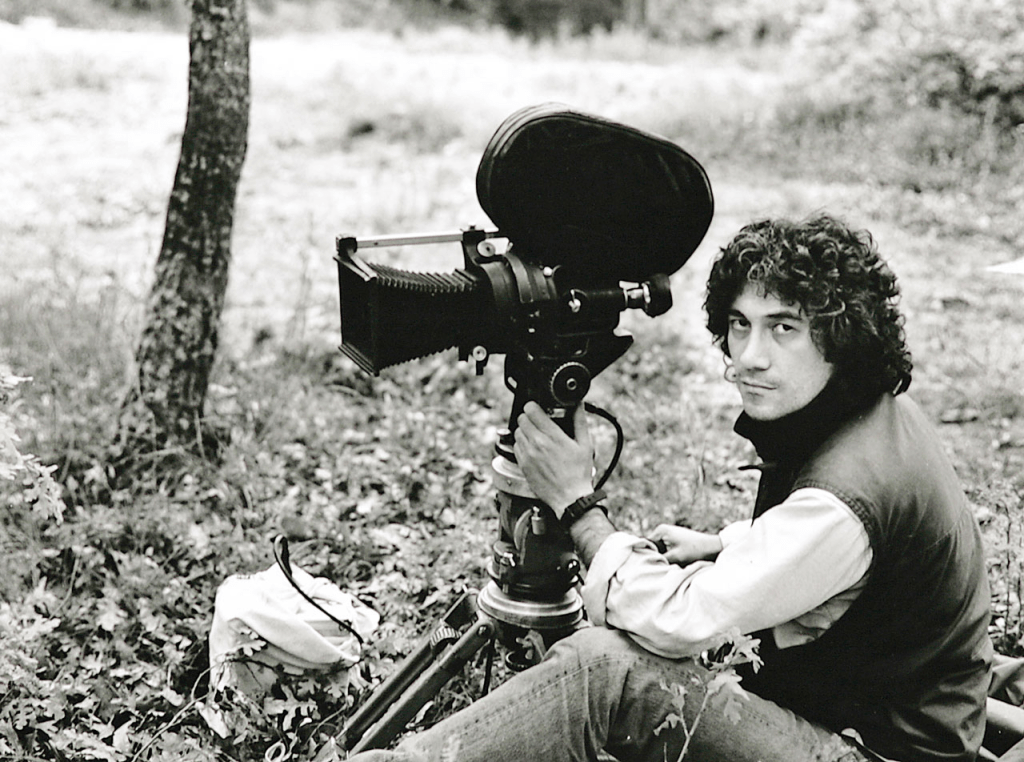
Building His Own Style
His early features — The Small Town (1997), Clouds of May (1999), and Distant (2002) — were intimate stories of provincial life. Ceylan enlisted his close friends, relatives, and family as actors and took on nearly every technical role himself: cinematography, sound, production, editing, writing, and directing. And the dedication paid off.

Landmark Films That Defined His Career
Distant (2002)
Distant won the Grand Prix at Cannes and went on to scoop 47 awards worldwide, making it the most award-winning film in Turkish cinema history.
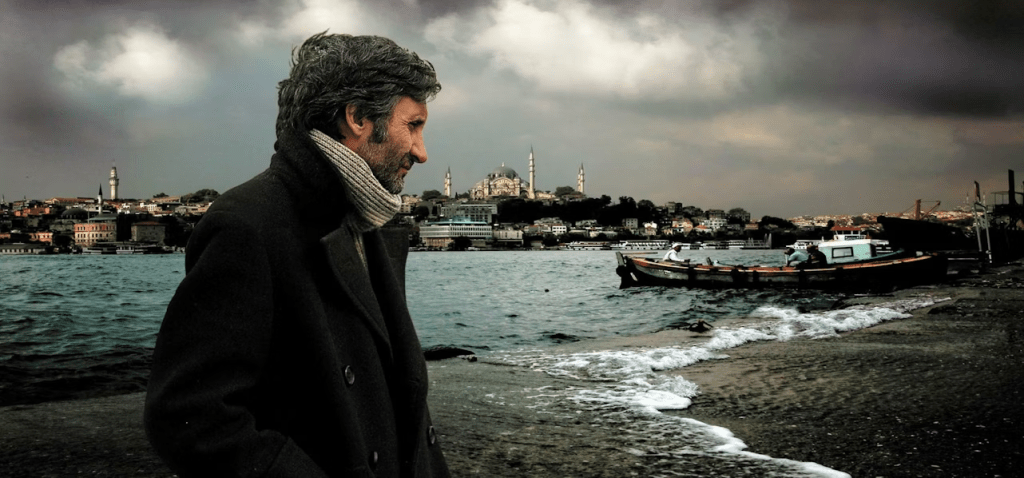
Climates (2006)
An intimate exploration of a failing relationship, starring Ceylan and his wife, Ebru. It blurred the line between art and life, exposing his fascination with human fragility.

Three Monkeys (2008)
This gripping family drama won him Best Director at Cannes and became the first Turkish film ever to make the Oscar shortlist for Best Foreign Language Film — a milestone in the country’s cinematic history.
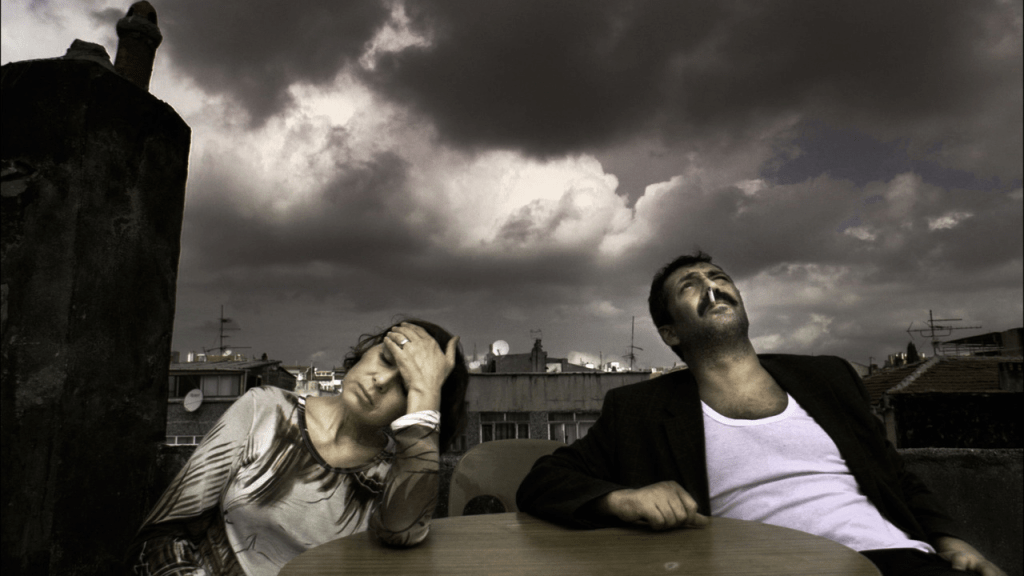
Once Upon a Time in Anatolia (2011)
Part crime story, part meditation on existence, this film follows a group of men searching for a body in the Anatolian night. The result is less about the crime than the long silences and heavy truths that surface. It won him the Cannes Grand Jury Prize.
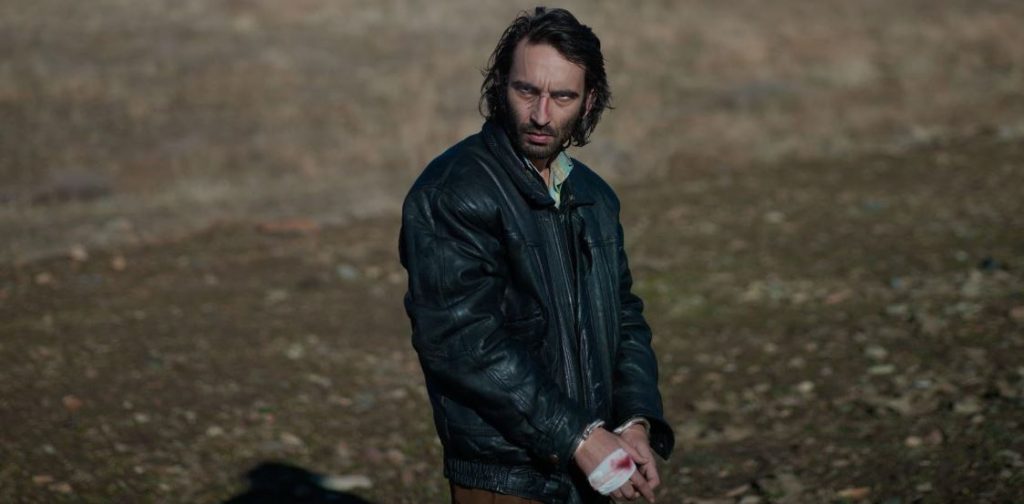
Winter Sleep (2014)
Set in the stark beauty of Cappadocia, this three-hour epic won him the Palme d’Or. It weaves together themes of power, morality, and isolation — all while giving the landscape a voice of its own.

The Man Behind the Camera
For all his international acclaim, Ceylan remains a private, almost understated figure. He speaks softly about his influences — Chekhov, Dostoyevsky, Tolstoy — but insists that landscapes shape his stories as much as literature.
That comes from his roots in the countryside, where he learned to see nature not just as a setting, but as a silent companion to human struggles. Photography is still central to his process; every frame feels carefully composed, a study in light and silence.
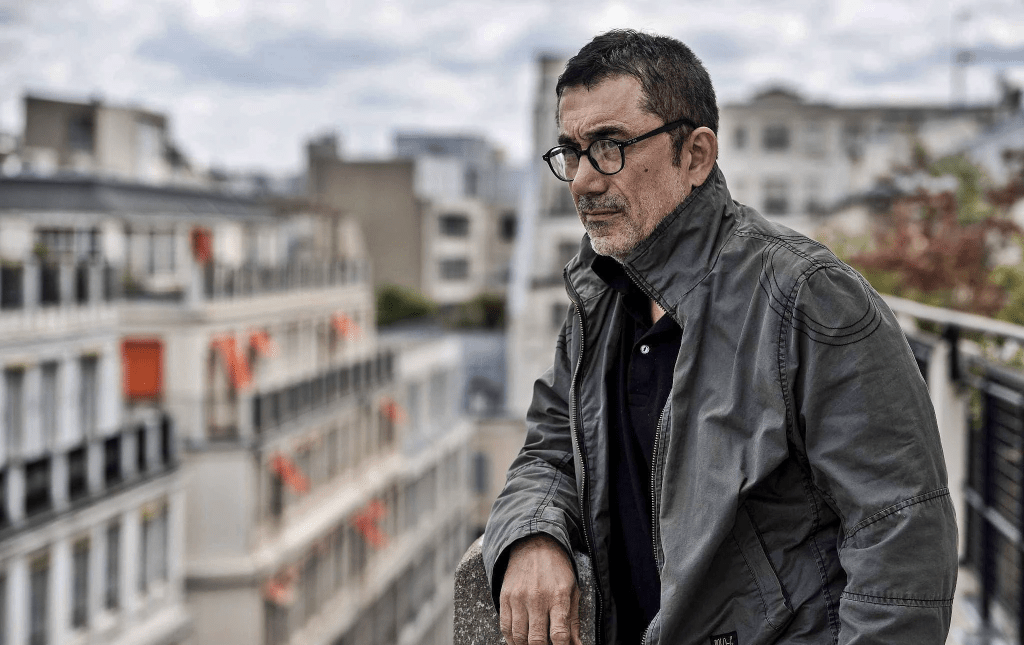
A Global Voice from Turkey
With only a small number of movies in nearly three decades, Ceylan has still become one of Turkey’s most important cultural voices. His stories mirror the country’s contrasts — between city and village, wealth and poverty, faith and secularism — yet remain deeply human and universal. This ability to balance the local and the cosmic is what makes him such a fitting choice for Cairo’s jury president: a filmmaker who listens, observes, and takes his time to see the truth in people.
WE SAID THIS: Don’t Miss…From Directors To Producers: Meet The Arabs Shaping Western Film & TV


